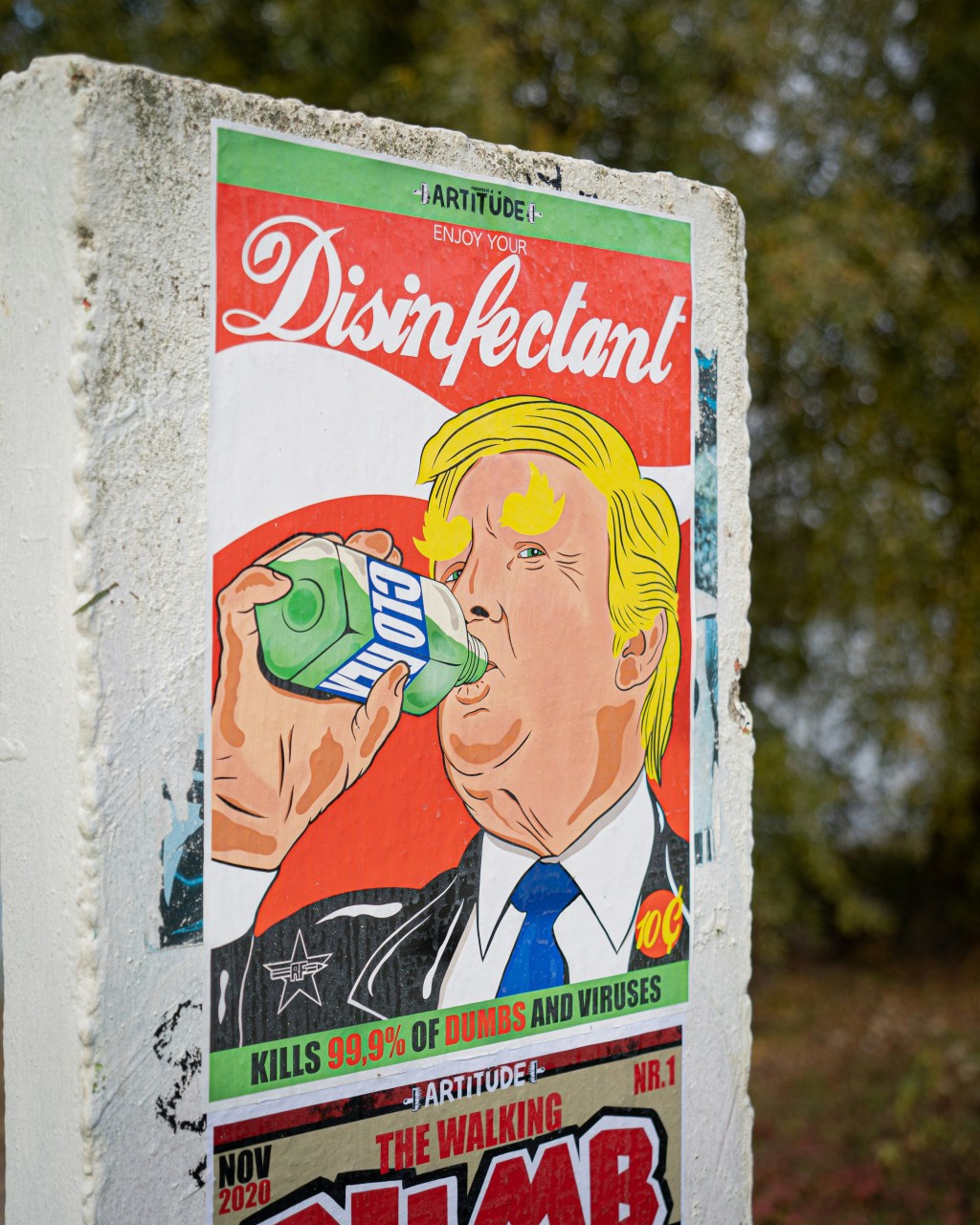Conspiracy theories are a dominant feature in our current communication and socio-political landscape. They provide an opportunity to explain current events, especially when transparency is lacking or confidence in traditional and institutional sources of information is declining. With the advent of social media, both public (Facebook, X, etc.) and private (Telegram and WhatsApp, among others), the propagation of conspiracy theories as a vehicle for collective sensemaking has only become easier and more far-reaching. On the surface, they might sound like tall tales that nobody with any semblance of critical thinking would believe, but a deeper investigation would argue that they have successfully mobilized adherents toward real political action, sometimes with deadly consequences. Conspiracy rhetoric has been blamed for a wide range of fatality-causing issues, from January 6th (The January 6 Effect, n.d.) to COVID-19 vaccine hesitancy (Brumfiel and Rizzo, 2022).
Is conspiracy theory just a matter of psychology?
As an inherently psychological concern, it is no surprise that most of the academic literature on conspiracy theories focuses on the psychology of the phenomenon. It studies the individual, dissecting the complicated cognitive features that determine one’s tendencies to believe or reject the idea of elite conspiracies as rational explanations for national and global events. Scholars such as Douglas et al. (2019) have studied various components related to conspiratorial thought – the alleged shadowy dealings (“conspiracies”), the stories that seek to explain and expose them (“theories”), the interconnected system of theories (“beliefs”), and the general tendency to believe new theories as a result of already subscribing to old ones (mindset).
In cultures where individual liberty and self-determination are valued so highly, no matter how distorted the meaning of such concepts may become, these stories are crucial methods for explaining the way in which society moves, and how far it strays from a perceived ideal.
Scholarship revolves around explaining one’s situatedness as a predictor for their overall acceptance or rejection of conspiracy theories. The privileged form of knowledge creation is representation, where the influence of communication itself – the primary fashion and function of these stories – is deemed to have no discernable influence on the phenomenon being studied.
Does culture shape conspiracy narratives?
Instead, there are larger questions that can be posed on the topic more aligned with the outcomes that the field is attributing to conspiracy theories. There is a clear need for a study that looks at the narratological features of the stories themselves, and how culture acts as both the origin from which and the filter through which beliefs are shaped. The cultural predispositions of any given society determine what is deemed important, and therefore what makes a good, believable story. Our shared values establish not only the topics worth discussing but also the method through which we approach such conversations. Cultural context includes the power structures that lie beneath the surface, making us privilege certain social issues over others. Such a topic is more suitably investigated under the discourse of suspicion.
Conspiracy theories, since they are not rooted much in factuality, often evolve to suit the interests and motivations of their consumers.
For instance, why is something as basic as LGBT rights so concerning that they have given birth to The Gay Conspiracy in the West but not in many other cultures (Kirchick, 2022)? What is so inherently sinister about vaccinations that stories have to be manufactured to defend a stance against it? In cultures where individual liberty and self-determination are valued so highly, no matter how distorted the meaning of such concepts may become, these stories are crucial methods for explaining the way in which society moves, and how far it strays from a perceived ideal. The concept of an ideal socio-cultural landscape is inherently tied to power, where certain groups hold influence at the expense of others.
Social media construction of reality through conspiracy theories
Furthermore, the social media-based construction of reality shapes the narratology behind modern-day conspiracy theories as well. How these stories are transmitted and to whom both influence their contents as they are passed on from person to person. The final shape a conspiracy theory takes is dependent on the audience – the values it holds and the individual philosophies it espouses. As the channels change, so do the cultural dimensions of the audience. Conspiracy theories, since they are not rooted much in factuality, often evolve to suit the interests and motivations of their consumers.
For many, the narratives themselves constitute their realities and serve as explanations for the power structures that exist within said social and cultural realities. Through these stories, conspiracy theorists communicate their disenfranchisement in the world around them and their attempt to change the dynamics of power to regain a perceived balance. This level of scholarship, which goes far beyond individual communicative and psychological processes and into questions of culture itself, is currently muted in the existing body of knowledge in conspiracy theories.
References
Brumfiel, G., & Rizzo, M. (2022, April 24). Their mom died of covid. they say conspiracy theories are what really killed her. NPR. https://www.npr.org/sections/health-shots/2022/04/24/1089786147/covid-conspiracy-theories
Douglas, K. M., Uscinski, J. E., Sutton, R. M., Cichocka, A., Nefes, T., Ang, C. S., & Deravi, F. (2019). Understanding conspiracy theories. Political Psychology, 40(S1), 3–35. https://doi.org/10.1111/pops.12568
Kirchick, J. (2022, May 31). The long, sordid history of the gay conspiracy theory. Intelligencer. https://nymag.com/intelligencer/2022/05/the-long-sordid-history-of-the-gay-conspiracy-theory.html
The January 6 Effect: An Evolution of Hate and Extremism. Anti-Defamation League. (n.d.). https://www.adl.org/january-6-effect-evolution-hate-and-extremism


Leave a comment